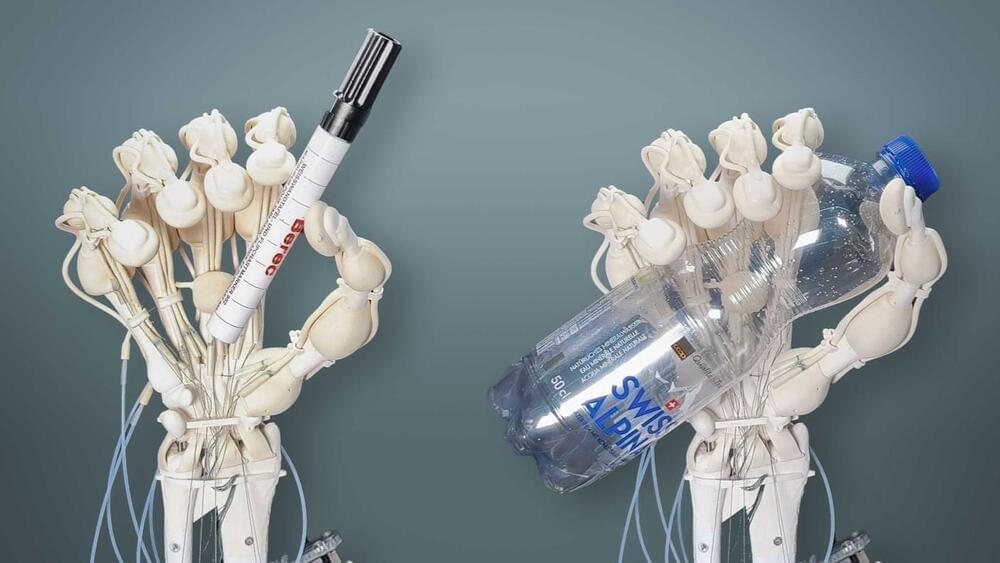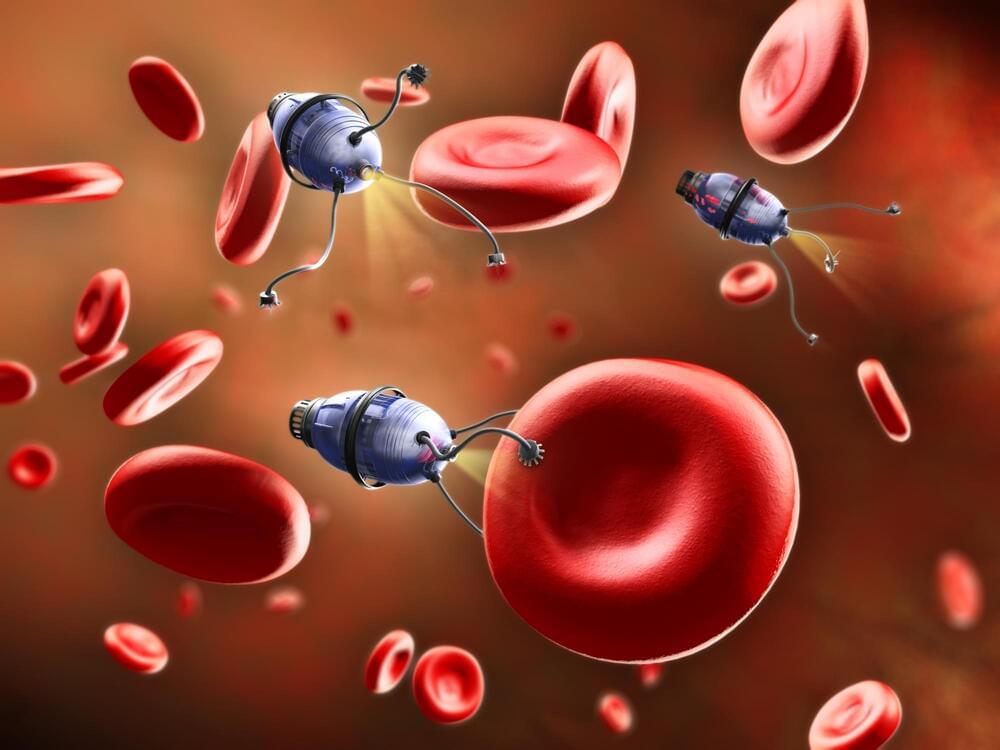Norse Atlantic Airways is teaming up with Avinxt to use their giant robot fueled by green tech and artificial intelligence to perform functions like de-icing, washing, and even giving the engines a good scrub.
The bonus? Regular exterior washing doesn’t just keep the planes looking sharp but cuts down on air resistance, saving up to two percent on fuel burn.
Avinxt will start building the robot in 2024, and will be able to handle big passenger planes, smaller private planes, and even military aircraft, announced Norse in a press release.








